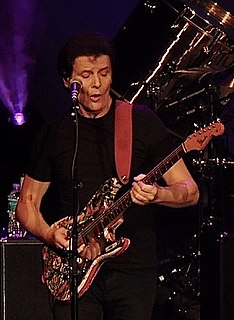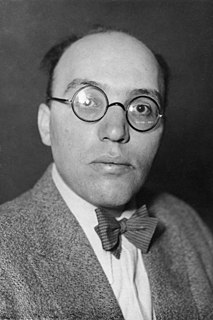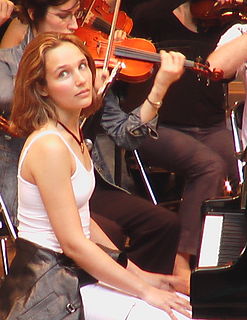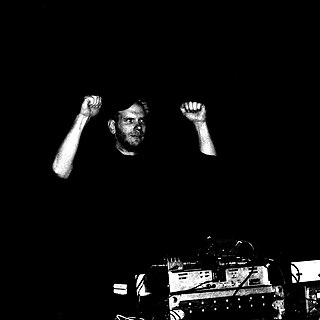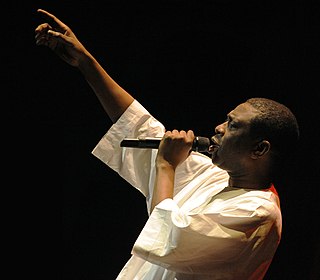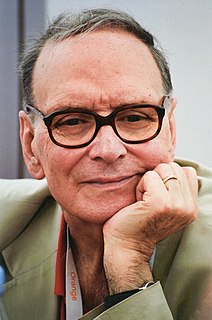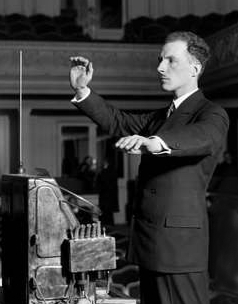A Quote by Oneohtrix Point Never
My friends and I have often discussed the plausibility of a connection between qualitatively bad music and quantifiably successful music, often citing the example of Candlebox and their paradoxical influence on culture.
Related Quotes
I'm happy to say that I have not been fired off a film. The score is usually the last thing to be done. So a lot lands on the scores shoulders. A lot of problems that seem to have nothing to do with the music gets blamed on the music , because it's relatively cheap to change, where as a reshoot etc is not. Music is often expected to help or fix bad cuts, bad acting, bad filming, bad timing, you name it.
At a certain point, I started playing improvised music. After a couple of years of this, I did a little bit of analysis and found most improvised music the kind I was listening to at least, which was mainly European to be as, if not more, formulaic than any other kind of music. For example, improvised pieces would often begin and end in the same way.
In music, what is very important is temporality of space and length, based on the breathing space the director gives the music within the film, by separating the music from various elements of reality, like noises, dialogues... That's how you treat music properly, but it doesn't always happen this way. Music is often blamed, but it's not its fault.


